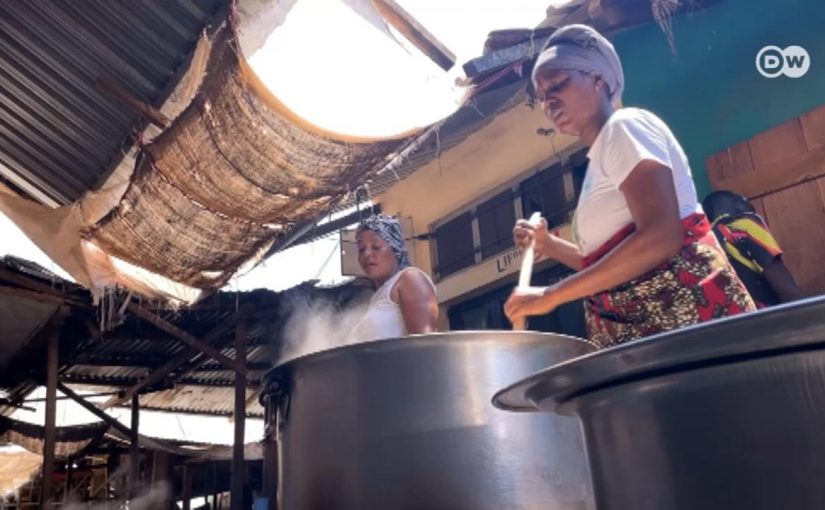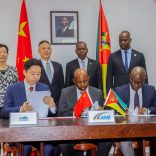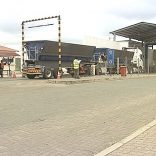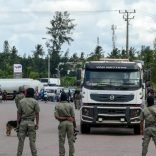Mozambique must improve climate change response
Kissiko tcha Waka, Pemba: Women who fled the war unite in a cooperative – Lusa

Photo: DW
Women who fled the war in Cabo Delgado, northern Mozambique, have organized themselves into a cooperative and created a food business with the support of Mozambicans living in Italy.
For the families to have income on which to survive is a new beginning. “The little they manage to earn helps to feed the family, while they reserve another part so that the business doesn’t stop,” Sadia manager of the group Abdul Latifo, 45, tells Lusa in Pemba, the provincial capital.
Many of the 817,000 displaced by the armed conflict in the region have fled to Pemba. For lack of income or land to cultivate, most of them whom do not know where their next meal is coming from.
United by a desire to stop being dependent on aid, the group of 10 women from Ibo Island decided to start a cooperative based on local cuisine.
“I feel good to be part of this cooperative and I thank the people who gave us this idea. I feel it is a great project, that will help us a lot,” says 51-year-old Sofia Wala, 51, in Kimuani, a language commonly spoken on Ibo.
The cooperative’s name – Kissiko tcha Waka – means Port of Women, and remembers those who have fled armed violence for Pemba in recent years, leaving everything behind – often losing even their families.
For now, Kissiko tcha Waka operates under a cashew tree in the Maringanha neighbourhood offering a menu of traditional dishes including squid, fish and shrimp, all priced from 100 to 350 meticais (between one and five Euros) per dish. Their only constraint is to sell only typical Cabo Delgado food.
The initiative is being supported by Mozambicans residing in Italy, who will initially donate 2,100 meticais (€28) for nine months to each member of the cooperative, Sadia says.
The group was created with the aim of generating income through short-term activities, while the process of legalization and financial inclusion is undertaken – many displaced people were left without documents.
Enrolling finance personnel, opening a bank account and producing the cooperative’s accounting documents are part of the ongoing tasks.
“One pillar of the cooperative is getting women ‘bankerised’,” says Vasco Achá, 50, another of the initiative’s supporters.
“We have contacted some banks and we are at the stage of opening bank accounts,” along with obtaining the necessary documentation to develop a business, he said.
In addition to the papers, Vasco has another task on his hands: listing the material collected to build a space where the cooperative will operate. They don’t intend staying under the cashew tree for ever.
The armed conflict between military forces and insurgents in Cabo Delgado has already cost more than 3,100 lives, and displaced more than 817,000 civilians.
The fight against the insurgents gained new momentum in August after the re-conquest of Mocímboa da Praia, the village where the rebels staged their first attack in October, 2017.
Watch the DW Africa report.













Leave a Reply
Be the First to Comment!
You must be logged in to post a comment.
You must be logged in to post a comment.